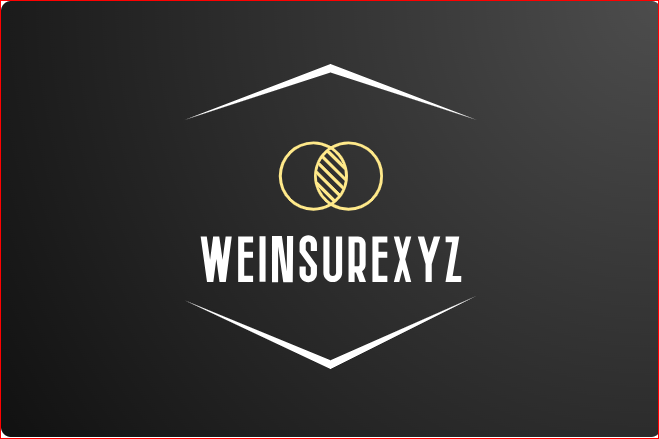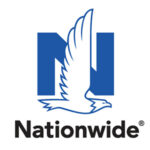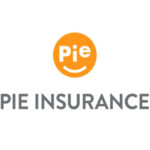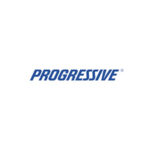The importance of business insurance for salons day spas and tattoo parlors should not be underestimated. Salons, day spas, and tattoo parlors throughout the country should consider their insurance coverage. The companies, that work with this industry, said these types of enterprises are wise to consider property, professional liability, general liability, and umbrella liability, which will cover these businesses that offer services such as body and ear piercings, tattoo and permanent makeup applications, facials, massage, electrolysis, hair cutting and coloring, tanning, and manicures and pedicures.
According to the Baraboo News Republic, a news source based in Wisconsin, there are certain standards many tattoo shops have to abide by, which makes it even more important that they are covered by an insurance policy.
Mark Detter, a tattoo parlor owner, told the news source he often works on clients who have had bad experiences at other parlors, which in some cases exposed them to health hazards or injured clients. While insurance coverage is certainly not a means of protection for illegal operations, because tattooing does present certain unavoidable risks, operators should be sure their insurance coverage is up to date and meets their needs.
As a proud owner of a salon, day spa, or tattoo parlor, you know how rewarding it is to provide your clients with top-notch services and a relaxing experience. But amidst the hustle and bustle of running your business, it’s crucial not to overlook one essential aspect: insurance. In this comprehensive guide, we’ll dive into the vital types of business insurance tailored to meet the unique needs of salon, day spa, and tattoo parlor owners.
Why Business Insurance Matters
Owning a salon, day spa, or tattoo parlor comes with inherent risks. From slip-and-fall accidents to property damage, unexpected events can disrupt your business and potentially lead to financial loss. That’s where business insurance steps in to provide you with the necessary protection and peace of mind.
Understanding the Risks
Running a salon, day spa, or tattoo parlor exposes you to various risks, including:
- Third-party injuries: Accidents can happen, and if a client slips and falls on your premises, you could be held liable.
- Property damage: Whether it’s fire, vandalism, or natural disasters, property damage can disrupt your operations and lead to costly repairs.
- Professional liability: Mistakes can occur, and clients may hold you accountable for errors in services or treatments.
Types of Insurance Coverage
To safeguard your business against potential risks, consider the following types of insurance coverage:
1. General Liability Insurance
General liability insurance provides coverage for bodily injury, property damage, and advertising injury claims. It’s your first line of defense against lawsuits and legal expenses.
2. Professional Liability Insurance
Also known as errors and omissions insurance, professional liability insurance protects you against claims of negligence or inadequate work. It’s essential for salon and spa professionals who provide specialized services.
3. Property Insurance
Property insurance covers the physical assets of your business, including your building, equipment, and inventory. It’s crucial for protecting your investments against unforeseen events.
4. Workers’ Compensation Insurance
If you have employees, workers’ compensation insurance provides coverage for medical expenses and lost wages in the event of work-related injuries or illnesses.
5. Cyber Liability Insurance
In today’s digital age, cyber liability insurance is essential for protecting your business against data breaches and cyberattacks. It covers costs associated with data recovery, legal fees, and regulatory fines.
Factors Affecting Insurance Costs
Several factors can influence the cost of your insurance premiums, including:
- Business size: Larger businesses may face higher premiums due to increased exposure to risk.
- Location: Your business’s location can impact insurance rates, especially if you’re in an area prone to natural disasters or crime.
- Claims history: A history of insurance claims can result in higher premiums.
- Industry risks: Some industries, such as tattoo parlors, may face higher insurance costs due to perceived risks associated with their services.
Navigating Legal Requirements
In addition to obtaining the necessary insurance coverage, it’s essential to comply with legal requirements specific to your industry. This may include obtaining permits, and licenses, and adhering to health and safety regulations [6].
Conclusion
As a salon, day spa, or tattoo parlor owner, investing in the right business insurance is crucial for protecting your assets and ensuring the long-term success of your business. By understanding the risks, exploring different types of coverage, and staying informed about legal requirements, you can mitigate potential liabilities and focus on what you do best – providing exceptional services to your clients.












